
Want to know where the happiest doctors really live? Forget what TV dramas and glossy brochures tell you. The answer isn’t as simple as 'move somewhere warm.' Burnout, bad hours, bureaucracy—these words haunt plenty of physicians, even in the most developed countries. But some places consistently see smiling, satisfied doctors who say they'd do it all over again—and maybe even work an extra shift or two if the mood strikes. Curious where you’d find more grinning clinicians and fewer exhausted zombies dragging their stethoscopes along hospital floors? Turns out, a doctor's geographical address can make all the difference between joy and pure survival mode.
What Makes a Doctor Happy? Not Just Good Coffee and Shorter Shifts
The search for the happiest doctors always starts with a big question: What exactly makes a doctor truly happy? Listen to doctors after their night shifts and you’ll get a mix of answers: money, meaningful work, steady hours, good colleagues, patient outcomes. When I asked my old med school buddies—one in Oslo, one in Tokyo, another in Melbourne—they tossed out surprising things like, 'Never having to fight with health insurance,' and, 'Actually being able to see my kids for dinner.'
Money does matter—no one should pretend otherwise—but it’s never the whole story. In some top-paying countries for doctors like the US, physician burnout rates are sky-high. A 2024 Medscape report clocked in American physician burnout at over 53%, with the most common culprits being too much paperwork, lack of autonomy, and frustrating healthcare systems. Compare that to places like Denmark and the Netherlands. There, doctors reportedly work fewer hours, have more control over their work-life balance, and don’t drown in admin chaos, thanks in part to smarter healthcare IT and less red tape.
Let's not ignore another key factor: respect. In Japan, for example, the culture holds doctors in high social regard, but the hours can be brutal—sometimes 60-80 hour workweeks. In contrast, Swedish doctors say they feel valued as professionals and as people, thanks to not only societal attitudes but structured policies that protect their time off. This is where it gets real: happy doctors tend to have strong boundaries around personal time. Systems that honor time off, protect against excessive overtime, and provide robust parental leave policies foster happier practitioners. For my own part as a dad, I envy Norwegian colleagues who can count on consistent family dinner time and school plays, even as busy specialists.
Location also intersects with community and support. Small-town doctors in New Zealand rave about feeling like a valued cornerstone of their neighborhood, while city doctors in major metros like New York or London often complain about anonymity and the emotional drain of big urban hospitals. Still, not every small town is a utopia—rural burnout is a real thing, especially when doc shortages mean being constantly on call. Bottom line: happiness always depends on a blend of meaningful patient relationships, manageable hours, respect, and support networks.
There's something to be said for infrastructure, too. You'd be amazed how much access to reliable digital records, streamlined referrals, and sane on-call protocols can affect mood. Doctors in Finland and Switzerland consistently mention their tight-knit support staff and efficient health tech as major reasons why they arrive at work with a smile—even during winter months when the sun barely shows up before dinnertime. And it's not some myth that Scandinavian doctors have it easier—it's embedded in the system, not just the culture. Universal healthcare can mean less bickering with insurers and more time focusing on what matters.
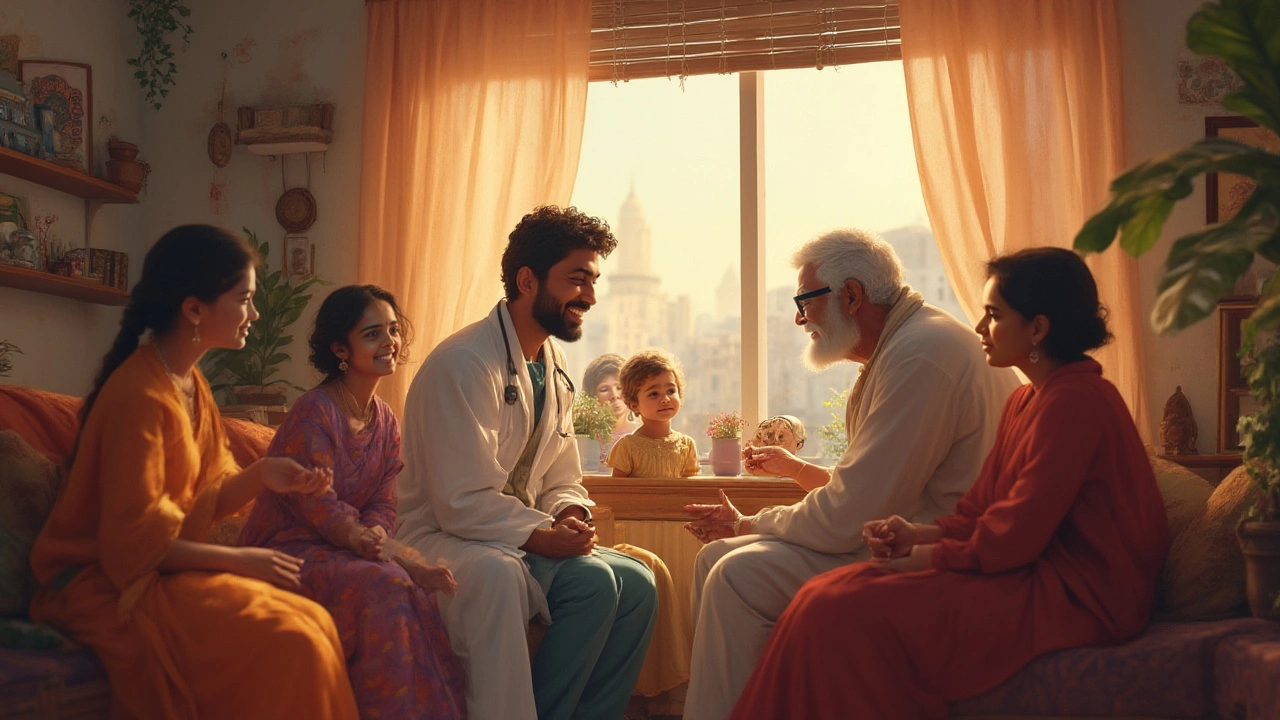
Which Countries Top the List—and Why?
If you pulled up the world's biggest physician surveys from 2024 or 2025, certain countries just keep popping up at the top. The Netherlands, Denmark, Sweden, Norway, and Switzerland all consistently report high physician satisfaction. On the other side of the world, Australia and New Zealand also get glowing reviews, especially among GPs and pediatricians. But sorting through why these places edge out the competition isn’t just about reading salary tables—it’s about digging into the entire healthcare ecosystem. Here’s a breakdown that might surprise you.
In the Netherlands, doctors clock in some of the happiest work-life balance ratings on the planet. Only about 36% of Dutch physicians report being burned out, and it’s rare for anyone to regularly put in more than a 45-hour workweek. Why? Dutch healthcare puts huge emphasis on teamwork, prevention, and communication—so it feels less like a never-ending triage. Plus, almost everyone cycles to work, blending fitness and fresh air into daily routines. The Dutch government also encourages flexible scheduling, especially for doctors juggling family and career. Female doctors (who now make up nearly 53% of medical graduates in the Netherlands) say they can actually have children without sacrificing their careers or personal happiness.
Table: Comparison of Doctor Happiness Across Selected Countries (2025)
| Country | Physician Burnout Rate (%) | Average Workweek (hrs) | Job Satisfaction (%) | Parental Leave Policy |
|---|---|---|---|---|
| Netherlands | 36 | 45 | 85 | Full pay, 16-26 wks |
| Denmark | 34 | 42 | 88 | Full pay, 18-50 wks |
| Switzerland | 29 | 44 | 87 | Full pay, 14-24 wks |
| Australia | 41 | 47 | 79 | Partial pay, 12-18 wks |
| United States | 53 | 51 | 57 | Mixed, employer-based |
| Japan | 55 | 60+ | 63 | Partial, 6-12 wks |
| Norway | 33 | 40 | 89 | Full pay, 18-49 wks |
Denmark wins lots of fans for its open door policy—most doctors are unionized and have significant negotiating power over hours and salary. If a Danish doc wants to reduce hours for a year or two after having a baby, the system flexes. Norway, meanwhile, stands out for protecting its youngest doctors, giving them extensive mentoring, continuing education opportunities, and safe working hours. Senior doctors there do more teaching and less grueling overnight work, which keeps knowledge flowing and everyone sane.
Switzerland's reputation for medical happiness hinges on autonomy. Private practice or hospital-employed, Swiss doctors have access to world-class facilities, low admin workloads, and can rearrange their schedules in ways unheard of in overloaded systems. Patients are generally respectful, and the work culture values thoroughness over speed. That means less rushing and fewer mistakes. Interestingly, Swiss physicians report a high sense of control over their professional lives—a big factor in whether they wake up eager or dreading Monday.
Australia and New Zealand? The sunshine helps, but the real reason is collegiality and focus on work-life balance. In Australia, 'leave' actually means time off—not just logging out of the EMR at midnight and sneaking in a catnap. Many Aussie doctors work four-day weeks by choice, and patient loads rarely tip into the unsafe zone. GPs and rural specialists tend to be the happiest, thanks to being embedded in their communities and getting strong support from state health programs. New Zealand doctors share similar rates of satisfaction and often credit professional freedom and nurse-led collaborations for easing day-to-day stress.
Contrast this to countries where pay can be sky-high—like the US or UAE—but with a price: more hours, heightened legal risk, endless insurance headaches. Lots of American doctors love their patient work, but nearly half say the job is draining joy from their home lives. Endless charting, prior authorizations, and insurance fights steal time from what really matters—whether that’s family, hobbies, or just reading a bedtime story to your kids, like I do for Vihaan and Avni every night when I can.
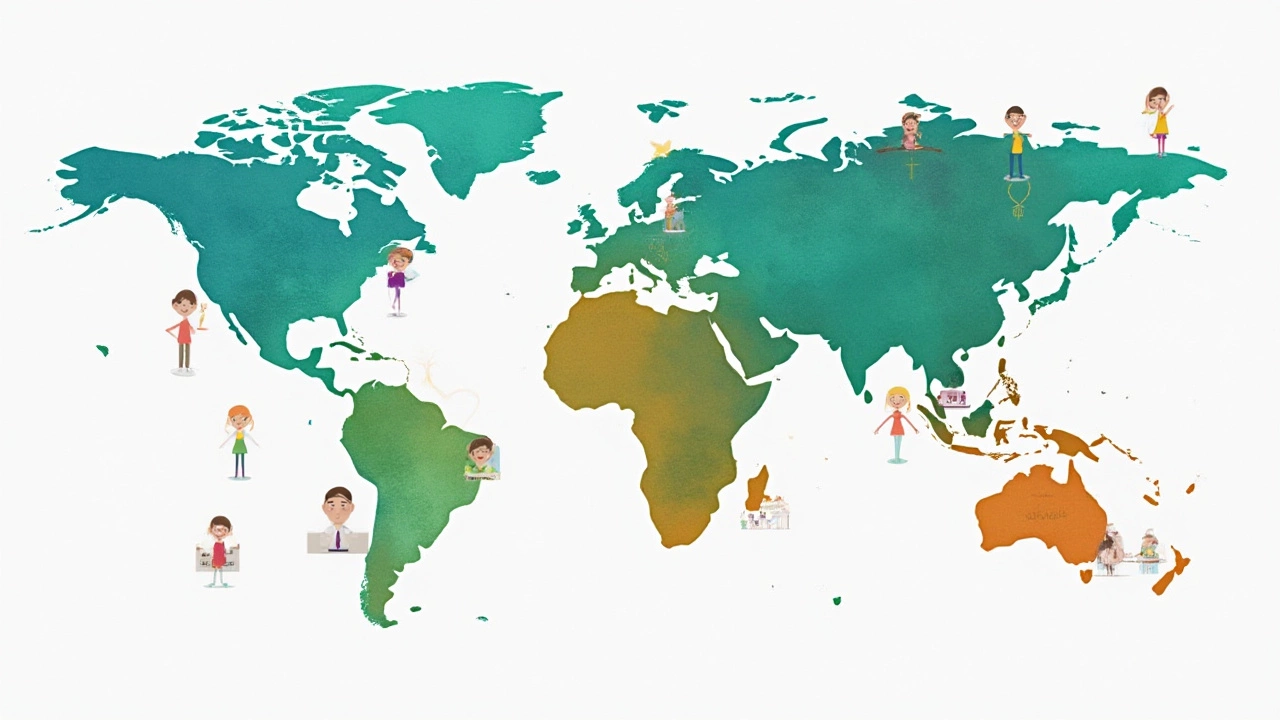
Could a Happier Doctor Life Be in Reach?
So what if you’re a doctor (or medical student, or just dreaming big) looking to maximize happiness? Should you pull up stakes and move to the Netherlands tomorrow? Probably not overnight, but there are lessons you can borrow wherever you are. For starters, understanding what really matters to you—whether that's more time with your family, fewer overnight calls, or just escaping endless bureaucracy—should shape every career decision. No system will be perfect at everything, but some make it a lot easier to find balance than others.
If you’re in a country struggling with burnout or demanding schedules, small changes can make a difference. Smart clinics are experimenting with scribe programs (so doctors don’t spend hours clicking through electronic medical records), flexible schedules, and group visits. Telehealth, when done right, can bring back precious time. A hospital in rural Canada found that switching from fee-for-service to a team salary model actually let doctors slow down, spend more time with each patient, and see family for holidays—without carving into take-home pay. In Germany, some hospitals now offer "mini-shifts" or job shares for parents of young kids. Even in the supposedly overworked US, new "direct primary care" practices are popping up everywhere, giving physicians deeper patient relationships and far less paperwork.
One universal tip: prioritize professional community. Doctors who meet regularly with supportive colleagues burn out less, according to a 2025 systematic review published in The Lancet. Whether that's a monthly dinner, WhatsApp group, or mentoring circle, doctors who talk honestly with each other stay happier. Some countries formalize this in their systems (you’ll find required peer support in much of Sweden and Denmark), but you can create your own even if you’re working solo.
Here’s a myth to stop believing: that 'grind culture' is the only way to succeed in medicine. The happiest doctors take time off, pursue hobbies, and don’t apologize for being humans with non-medical lives. My happiest week last year wasn’t about a career milestone, but a camping trip with my kids far from Wi-Fi—reminding me that sometimes, stepping away from the hospital is the healthiest move you can make.
Curious about relocating? Look deeper than salary. Dig into average hours, access to childcare, parental leave, and cultural attitudes about vacation. Many countries offer “try before you buy” programs—Australia, New Zealand, and the UK all have short-term contracts for visiting doctors. Curious about the lifestyle in Oslo or Zurich? Hop on a temporary fellowship or locum job and see for yourself. Plenty of doctors who go for 'just a year' end up falling in love with a slower, more balanced life, and never look back.
So—where do the happiest doctors live? Mostly, wherever the system cares for them, trust is mutual, and being a doctor doesn’t mean always sacrificing the rest of your life. If you want my honest advice as a dad, friend, and fellow doc: chase meaning over money, insist on your boundaries, and seek out a real sense of community. As my daughter Avni once said while watching me log into yet another late-night Zoom call, “Papa, do all doctors have to work all the time?” The happiest ones, it turns out, really don’t. There are places where that dream is a daily reality.
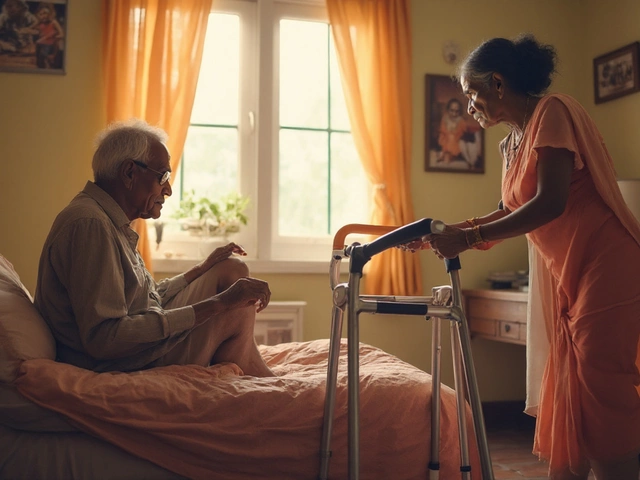

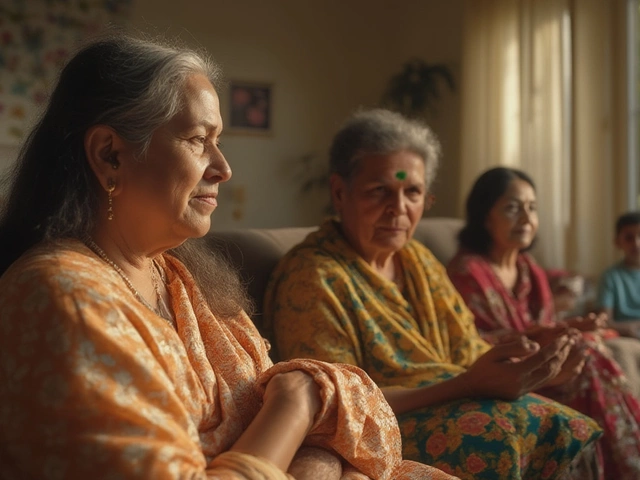

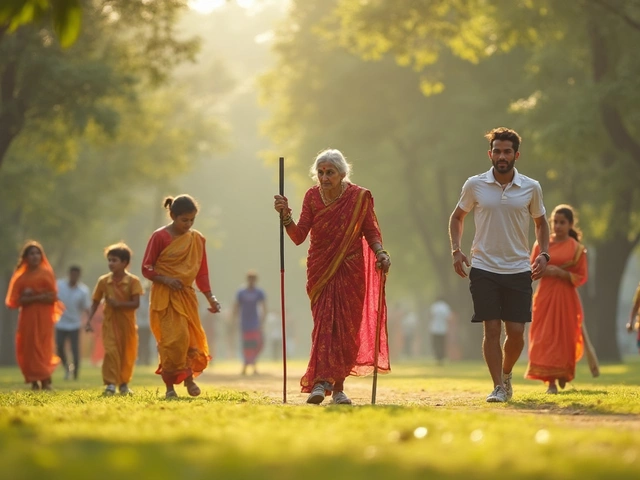
Rohan Talvani
I am a manufacturing expert with over 15 years of experience in streamlining production processes and enhancing operational efficiency. My work often takes me into the technical nitty-gritty of production, but I have a keen interest in writing about medicine in India—an intersection of tradition and modern practices that captivates me. I strive to incorporate innovative approaches in everything I do, whether in my professional role or as an author. My passion for writing about health topics stems from a strong belief in knowledge sharing and its potential to bring about positive changes.
view all postsWrite a comment